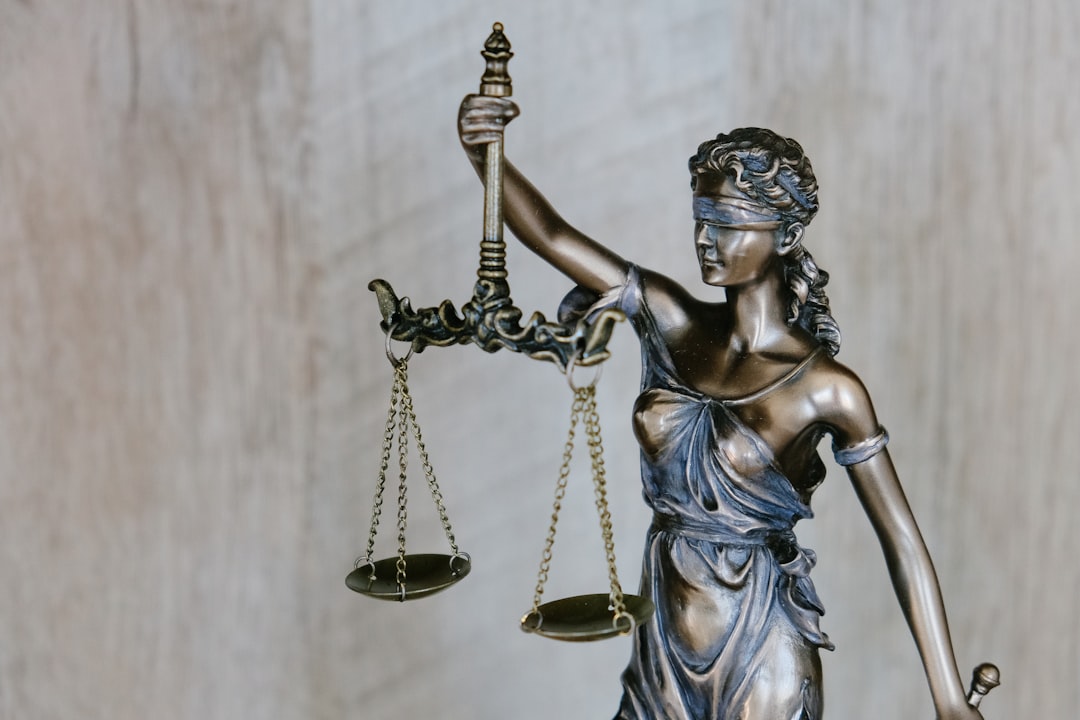In South Carolina, seeking justice after a sexual assault can be daunting. A dedicated sexual assault lawyer plays a pivotal role in empowering survivors and navigating complex legal landscapes. This comprehensive guide explores South Carolina’s sexual assault laws, highlighting the invaluable support a legal advocate provides. We delve into the steps victims should take post-assault, while also offering resources tailored to survivors in this state. Understanding your rights is crucial; let this article serve as your first step towards healing and closure.
Understanding Sexual Assault Laws in South Carolina

In South Carolina, sexual assault is taken seriously, with laws in place to protect victims and prosecute perpetrators. A sexual assault lawyer South Carolina plays a crucial role in navigating this complex legal landscape. They can help victims understand their rights and guide them through the process of seeking justice. The state’s laws define sexual assault broadly, encompassing various forms of non-consensual sexual contact, including rape, molestation, and other types of indecent behavior.
If you’ve been a victim of sexual assault in South Carolina, it’s important to know that you have options. A skilled sexual assault lawyer can ensure your rights are protected, help gather evidence, and represent you in court. They can also provide support and advocacy throughout the legal process, helping victims find closure and seek the justice they deserve.
The Role of a Legal Advocate for Victims

A legal advocate plays an invaluable role in supporting and guiding sexual assault victims in South Carolina. They are not only skilled attorneys but also passionate champions for justice, ensuring that victims’ voices are heard and their rights protected. These advocates specialize in navigating the complex legal system on behalf of survivors, who often face immense emotional and psychological challenges.
By retaining a sexual assault lawyer in South Carolina, victims gain access to professionals who understand the unique complexities of these cases. These lawyers advocate for appropriate legal measures, such as pressing charges against perpetrators, seeking protection orders, and pursuing compensation for any resulting physical or mental injuries. They also provide essential emotional support, offering a safe space for victims to share their experiences and make informed decisions regarding their cases.
Navigating the Justice System: Steps After an Assault

After a sexual assault, navigating the justice system can be overwhelming and daunting. The first step for victims in South Carolina is to report the crime to local law enforcement. This crucial process initiates the legal journey and ensures that the assault is documented officially. A sexual assault lawyer in South Carolina can guide survivors through this initial phase, ensuring their rights are protected and that they receive the necessary support.
Following the report, individuals should seek medical attention immediately if needed. This step is vital for collecting evidence and preserving it for potential legal proceedings. Meanwhile, a dedicated sexual assault lawyer will begin building a case, gathering evidence, and preparing for any legal actions. They will also ensure that their client’s well-being is prioritized, offering support services and assisting with any necessary emotional recovery processes.
Resources and Support for Survivors in SC

In South Carolina, survivors of sexual assault can find resources and support through various organizations dedicated to helping them navigate their journey towards healing. Many of these groups offer legal assistance, counseling services, and advocacy, ensuring that victims are not only supported emotionally but also empowered to seek justice. A sexual assault lawyer in South Carolina plays a crucial role in this process, providing expert guidance on legal rights and options available to survivors.
The state’s legal system can be complex for anyone, let alone those who have experienced trauma. A qualified sexual assault lawyer understands the unique challenges faced by survivors and can offer specialized support. They help victims understand their legal standing, explain potential outcomes, and represent them in court if needed. These lawyers also collaborate with local organizations to ensure survivors receive holistic care, including physical and mental health services tailored to their needs.






